February 24 - Tuesday
February 24th, 2026
Ask the Holy Spirit to guide your time, then read the following Scriptures.Scripture: Luke 7:1-10Reflect on the devotional, and answer the questions to dive in deeper!Devotional: In today’s passage, the centurion comes to Jesus with a clear awareness of his own unworthiness. Jesus had come first to the Jewish people, and the centurion—a Roman—was an outsider and even an enemy. And yet, he trusted ...



